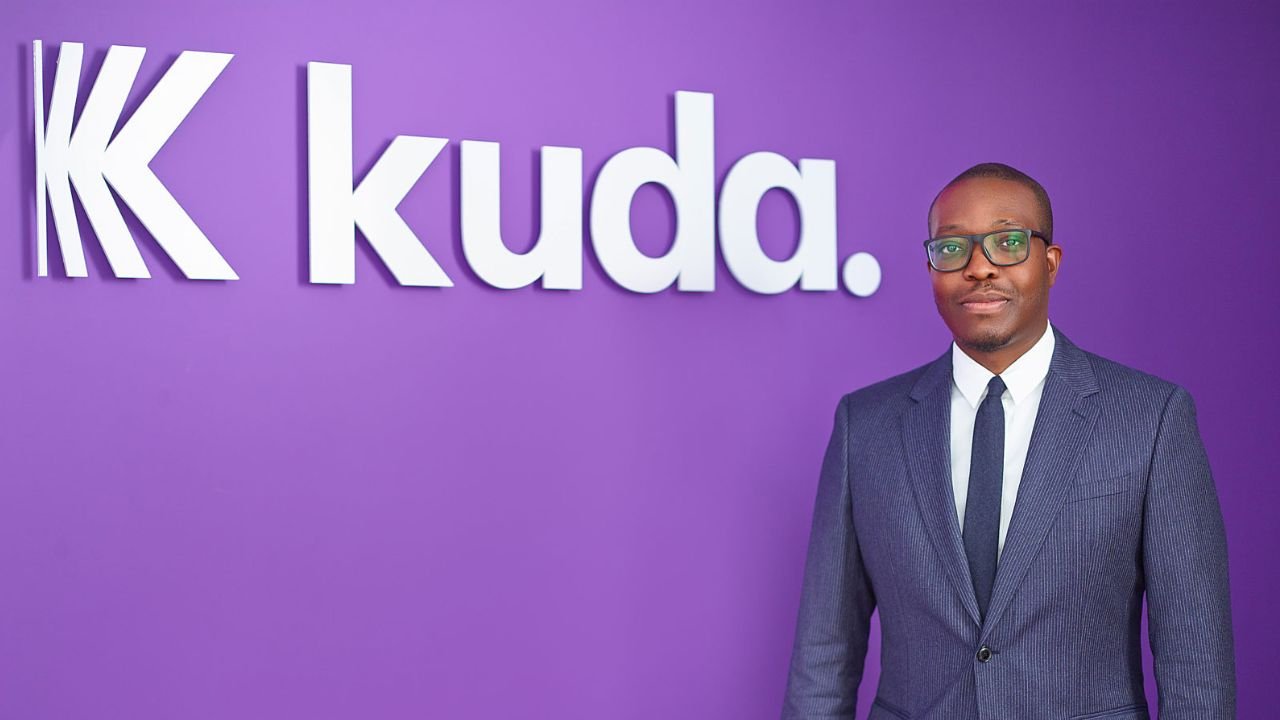Kuda, a Nigeria-focused fintech app that allows Nigerians abroad to send remittance funds home with ultra-low currency transfer fees, has officially launched in the UK market.
Cheaper remittances for foreign workers employed abroad is part of the UN Sustainable Development agenda, and in Nigeria remittance transfers account for nearly 1% of total national GDP.
Kuda says UK-based Nigerians typically pay around 8% in remittance fees on top of each transfer, well above the UN's 3% sustainability target.
Customers will pay a flat fee of £3 to pay money through Kuda, and can transfer as much as £10,000.
The app is making its debut on UK smartphones, including iOS and Android, as well as the web and will initially offer just UK GBP remittances into the Nigerian naira, though there's potential to serve multiple African markets.
Mobile money transfers allow underbanked Africans to join the financial system. Figures from the Fintech Times published last year show around 95 million sub-Saharan Africans lack traditional bank accounts, but mobile phones are far more prevalent, Sim cards held by 75% of the population.
Smartphones also carry verification techniques like camera-enabled facial recognition that have also underpinned the rise of African challenger banks and neobanking, without brick-and-mortar bank branches.
Kuda's parent company, Kuda Technologies, started in Nigeria (though its headquartered in London) three years ago and now has almost 5 million customers using its challenger banking app.
The CEO and co-founder Babs Ogundeyi also founded Nigerian lending and savings platform Kudimoney and has served as a special fiscal adviser to the Nigerian state Oyo.
The UK Kuda business is launching with $90 million on its books, from investors including Valar Ventures and Target Global.
"Africans in the UK are faced with barrier after barrier when it comes to financial services - from challenges setting up accounts to prohibitive and inconsistent fees on meaningful transfers," Ogundeyi said. "They are forced to limit each transfer to a few hundred pounds to avoid losing money or face escalating exchange rates with bigger transfers."



Would you like to write the first comment?
Login to post comments